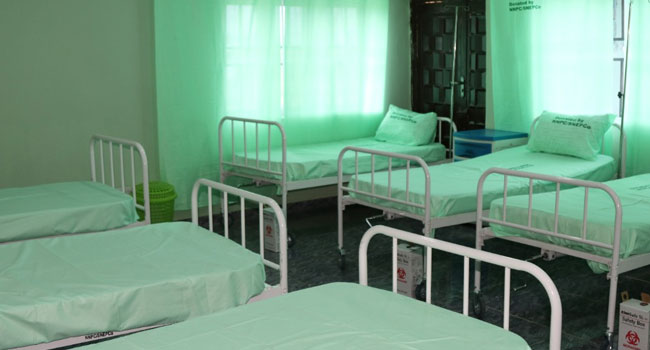The Federal Government of Nigeria has approved a new National Policy on Health Workforce Migration aimed at addressing the challenges related to the migration of healthcare professionals.
The policy was announced on Monday by the Minister of Health, Ali Pate, following its approval at a Federal Executive Council (FEC) meeting presided over by President Bola Tinubu at the Presidential Villa in Abuja.
In a statement posted on X (formerly Twitter), Minister Pate emphasized that the policy is a strategic initiative designed not only to respond to the ongoing exodus of healthcare professionals from Nigeria but also to manage, harness, and potentially reverse this trend.
The minister highlighted the importance of the policy in strengthening Nigeria’s healthcare system by encouraging the return of skilled health professionals from the diaspora and reintegrating them into the national health workforce.
“This policy is more than just a response to the ongoing exodus of healthcare professionals; it’s a comprehensive strategy to manage, harness, and reverse health worker migration,” Pate said.
The new policy outlines several key objectives, including streamlining the registration processes for returning health professionals and offering incentives to attract them back to Nigeria. These incentives are designed to leverage the expertise of Nigerian healthcare workers abroad, filling gaps in the domestic health sector.
Additionally, the policy advocates for reciprocal agreements with other countries to ensure that the exchange of health workers is mutually beneficial. The government is pushing for bilateral and multilateral agreements that protect Nigeria’s interests while respecting the rights of healthcare professionals.
Minister Pate specifically called on recipient countries to implement a “1:1 match,” whereby they would train one healthcare worker for every publicly trained Nigerian worker they receive.
“By establishing streamlined registration processes and providing attractive incentives, the policy not only encourages the return of our talented professionals but actively reintegrates them into our health system. This approach leverages the expertise of our diaspora to bridge gaps within the health sector,” Pate explained.
Moreover, the policy includes provisions aimed at improving the work-life balance for healthcare professionals, particularly younger doctors. These provisions include routine health checks, mental well-being support, and reasonable working hours. The goal is to create a supportive work environment that reduces burnout and enhances job satisfaction among health workers.














